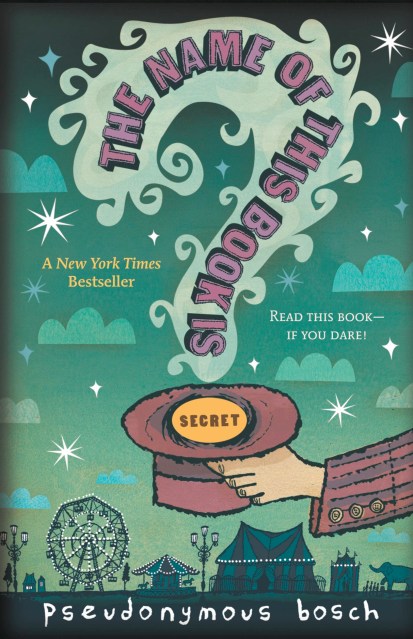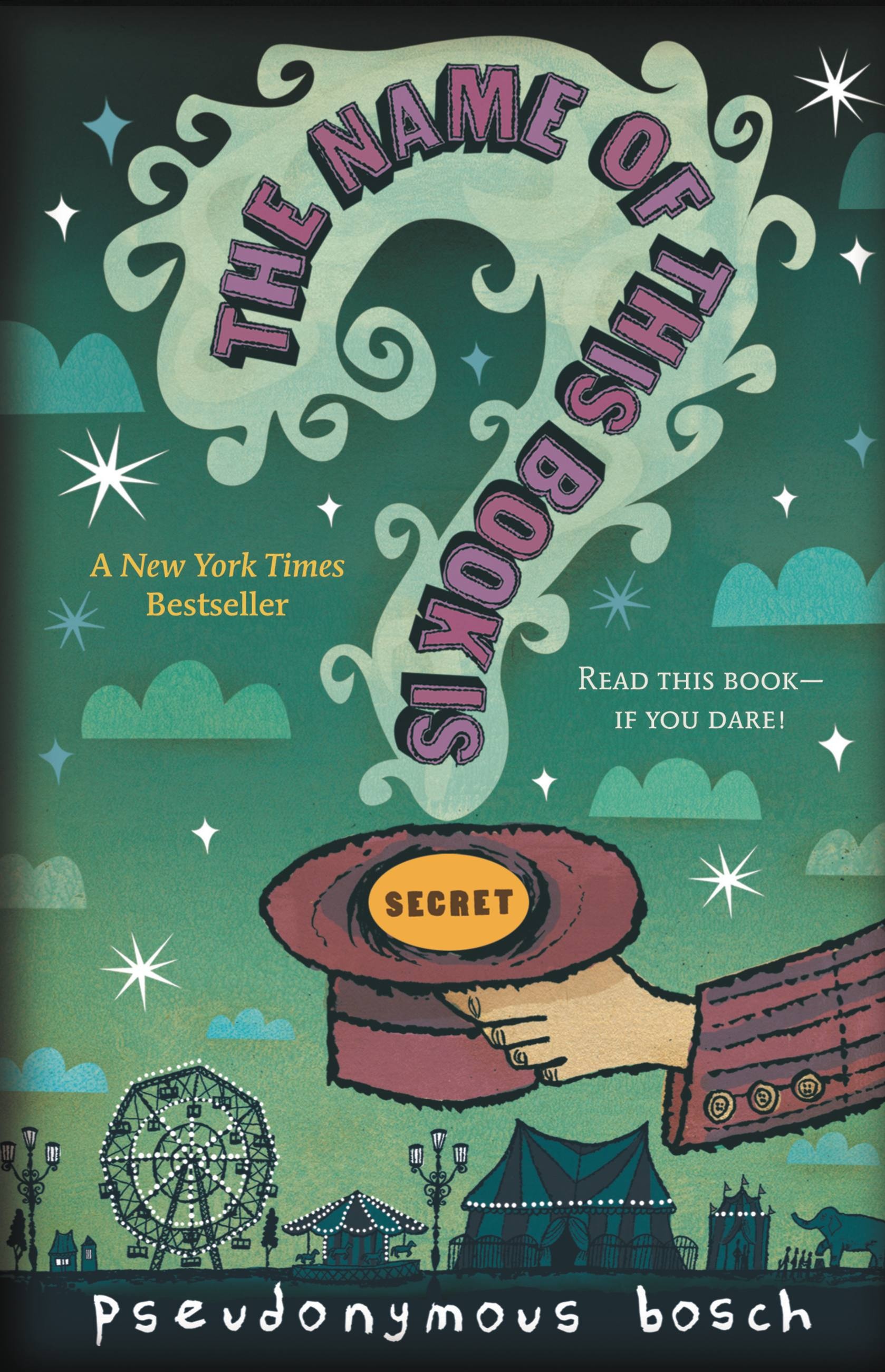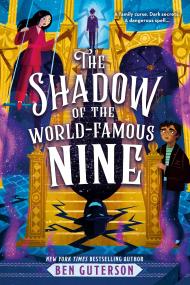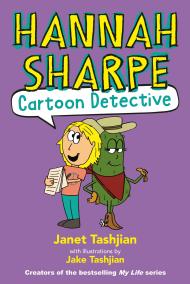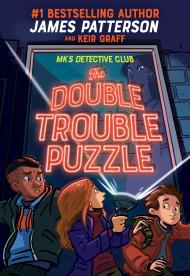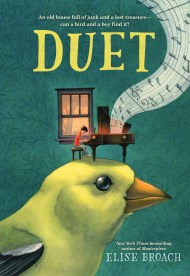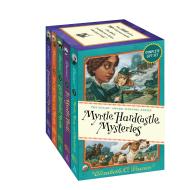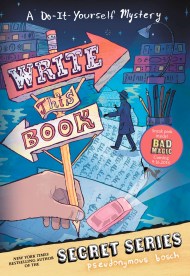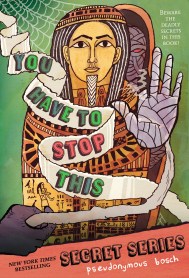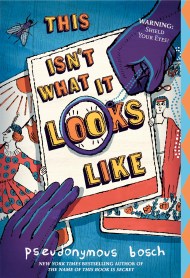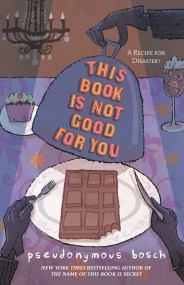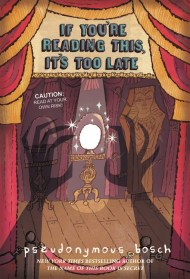By clicking “Accept,” you agree to the use of cookies and similar technologies on your device as set forth in our Cookie Policy and our Privacy Policy. Please note that certain cookies are essential for this website to function properly and do not require user consent to be deployed.
The Name of this Book Is Secret
Contributors
Formats and Prices
- On Sale
- Sep 1, 2008
- Page Count
- 400 pages
- Publisher
- Little, Brown Books for Young Readers
- ISBN-13
- 9780316113694
Price
$9.99Price
$12.99 CADFormat
Format:
- Trade Paperback $9.99 $12.99 CAD
- ebook $7.99 $9.99 CAD
- Audiobook Download (Unabridged) $27.99
This item is a preorder. Your payment method will be charged immediately, and the product is expected to ship on or around September 1, 2008. This date is subject to change due to shipping delays beyond our control.
Buy from Other Retailers:
Warning: this description has not been authorized by Pseudonymous Bosch. As much as he’d love to sing the praises of his book (he is very vain), he wouldn’t want you to hear about his brave 11-year old heroes, Cass and Max-Ernest. Or about how a mysterious box of vials, the Symphony of Smells, sends them on the trail of a magician who has vanished under strange (and stinky) circumstances. And he certainly wouldn’t want you to know about the hair-raising adventures that follow and the nefarious villains they face. You see, not only is the name of this book secret, the story inside is, too. For it concerns a secret. A Big Secret.
Series:
-
Praise for The Name of This Book Is Secret:
-
"Equal parts snarky and delightful."Booklist
-
"Equal parts supernatural whodunit, suspense-filled adventure, and evocative coming-of-age tale."Publishers Weekly
Newsletter Signup
By clicking ‘Sign Up,’ I acknowledge that I have read and agree to Hachette Book Group’s Privacy Policy and Terms of Use
